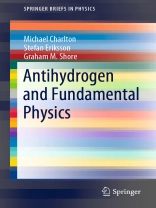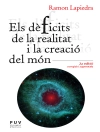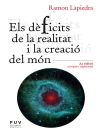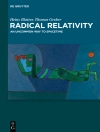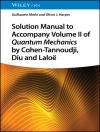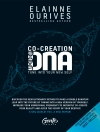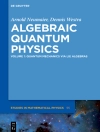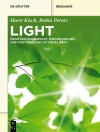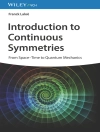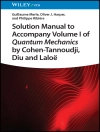The advent of high-precision antihydrogen spectroscopy has opened up the possibility of direct tests with unprecedented accuracy of some of the most fundamental principles of physics, notably Lorentz and CPT symmetry and the Einstein equivalence principle.
This book reviews these principles, emphasising their interconnections in quantum field theory and general relativity and the special role of antimatter, and explores how they may be tested in current and forthcoming experiments on antihydrogen. Original research results relevant to the experimental programme of the ALPHA collaboration at CERN are presented, together with the implications for antihydrogen of proposed theories featuring novel `fifth-force’ interactions.
Innehållsförteckning
Introduction.- Fundamental Principles.- Antihydrogen.- Other Antimatter Species.- Summary and Outlook.
Om författaren
Michael Charlton, B.Sc., Ph.D. (London), FInst P MAE FLSW, is a Professor of Experimental Physics at Swansea University. He has held Research Fellowships at UCL, Aarhus and Swansea. He is well known for his work with antimatter at low energies, and he was a pioneer in the field of antihydrogen physics. He is the current Vice President (STEMM) of the Learned Society of Wales.
Stefan Eriksson, MSc, Ph D (University of Helsinki) is Professor of Physics at Swansea University. He has held a Leverhulme Trust Research Fellowship and a research position at Imperial College. He is well-known for his work in atomic physics and is a senior member of the ALPHA collaboration at CERN.
Graham M. Shore, B.Sc. (Edin), Ph.D. (CANTAB), FLSW, is Emeritus Professor of Theoretical Physics at Swansea University. He has held research positions at Harvard, Cornell, Imperial College, Bern, Geneva, and CERN. He has worked extensively on quantum field theory in curvedspacetime and its applications to fundamental particle physics and cosmology.
